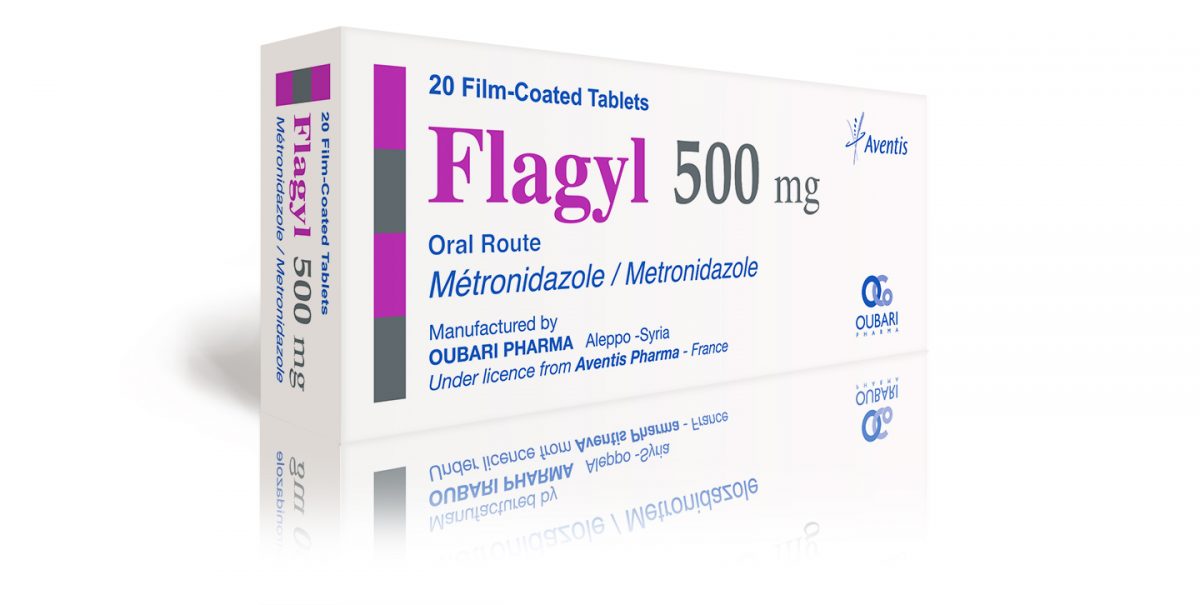A small study of an inhaled form of a commonly available drug, interferon beta, suggests it could reduce the odds of patients becoming severely ill.
Author: admin
New Treatment for Covid-19 Shows Promise, but Scientists Urge Caution
A small study of an inhaled form of a commonly available drug, interferon beta, suggests it could reduce the odds of patients becoming severely ill.
The hair-raising reason for goosebumps
Researchers have discovered that the cells that cause goosebumps are also important for regulating the stem cells that regenerate hair. In the skin, the muscle that contracts to create goosebumps is necessary to bridge the sympathetic nerve’s connection to hair follicle stem cells. The sympathetic nerve reacts to cold by contracting the muscle and causing goosebumps in the short term, and by driving stem cell activation and new hair growth over the long term.
Increased blood sugar levels may decrease benefits of aerobic exercise
Some benefits of aerobic exercise may be dampened by higher-than-normal blood sugar levels, a condition known as hyperglycemia. These diminished gains are seen in mouse models and humans with chronic hyperglycemia that is in the ‘prediabetes’ range.
MRI scans of the brains of 130 mammals, including humans, indicate equal connectivity
Researchers conducted a first-of-its-kind study designed to investigate brain connectivity in 130 mammalian species. The intriguing results, contradicting widespread conjectures, revealed that brain connectivity levels are equal in all mammals, including humans.
UK’s vaccine against SARS-CoV-2 is safe and induces an immune reaction, according to preliminary results
A phase 1/2 trial involving 1,077 healthy adults found that the vaccine induced strong antibody and T cell immune responses up to day 56 of the ongoing trial. These responses may be even greater after a second dose, according to a sub-group study of 10 participants. Compared to the control group (given a meningitis vaccine), the SARS-CoV-2 vaccine caused minor side effects more frequently, but some of these could be reduced by taking paracetamol. There were no serious adverse events from the vaccine. Based on their results, the authors say that further clinical studies, including in older adults, should be done with this vaccine. The current results focus on the immune response measured in the laboratory, and further testing is needed to confirm whether the vaccine effectively protects against infection.
What silicone wristbands say about chemical exposure in Uruguayan children
Researchers used silicone wristbands to examine the extent of chemical exposure among a small group of children in Montevideo, Uruguay. The 6- to 8-year-olds wore the bands for seven days. After analyzing the wristbands, researchers found an average of 13 pollutants in each one collected. Some of the wristbands showed exposure to DDT, a harmful pesticide that has been banned for use in many countries, including the U.S., since the 1970s.
Specialized cellular compartments discovered in bacteria
Researchers have discovered bacterial organelles involved in gene expression, suggesting that bacteria may not be as simple as once thought. This finding could offer new targets for the development of new antibiotics.
Immunotherapy safe for patients with COVID-19, cancer
Initial findings from a new study show that immunotherapy for cancer won’t worsen complications for patients with the disease and COVID-19.
‘Love hormone’ oxytocin could be used to treat cognitive disorders like Alzheimer’s
Alzheimer’s disease progressively degrades a person’s memory and cognitive abilities, often resulting in dementia. Amid efforts to find novel treatments for this disease, a recent breakthrough study shows that oxytocin — the hormone that we commonly know to induce feelings of love and well-being — can also effectively reverse some of the damage caused by amyloid plaques in the learning and memory center of the brain in an animal model of Alzheimer’s.

